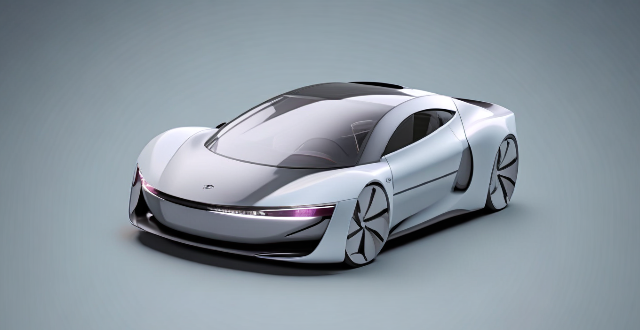Electric vehicles (EVs) follow different charging standards and protocols that dictate the speed at which they can be charged. The type of battery technology used in an EV also affects its compatibility with super-fast charging, as some batteries may not be able to handle the high power output without damage or reduced lifespan. Manufacturers design their vehicles to work best with specific charging infrastructure, and not all EVs are equipped to take full advantage of super-fast charging. Safety concerns related to heat generation during super-fast charging must also be considered. Therefore, it is essential for EV owners to understand their vehicle's capabilities and limitations when it comes to charging options.

Can All Electric Vehicles Use a Super Fast Charging Station?
Short Answer
No, not all electric vehicles can use a super fast charging station. The compatibility of an electric vehicle with a super-fast charging station depends on several factors.
Main Points
1. Charging Standards and Protocols
Electric vehicles (EVs) follow different charging standards and protocols that dictate the speed at which they can be charged. Some of the common standards include:
- CHAdeMO: Used primarily by Japanese manufacturers like Nissan and Mitsubishi.
- CCS (Combined Charging System): Used by many European and American manufacturers such as BMW, Ford, and Tesla.
- GB/T: Used in China.
- Level 1 and Level 2 AC charging: Slow to moderate charging speeds using alternating current.
2. Battery Technology
The type of battery technology used in an EV also affects its compatibility with super-fast charging. Some batteries may not be able to handle the high power output of a super-fast charger without damage or reduced lifespan.
3. Manufacturer's Design Choices
Manufacturers design their vehicles to work best with specific charging infrastructure. Some EVs are designed to take full advantage of super-fast charging, while others are not equipped to do so.
4. Safety Concerns
Super-fast charging generates more heat than slower charging methods, which can pose safety risks if not properly managed by the vehicle's systems. Not all EVs have the necessary cooling systems to safely handle super-fast charging.
Conclusion
In conclusion, whether an electric vehicle can use a super-fast charging station depends on its charging standard, battery technology, manufacturer's design choices, and safety considerations. It is essential for EV owners to understand their vehicle's capabilities and limitations when it comes to charging options.